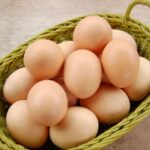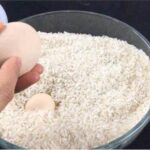Using Newspaper
When you buy eggs, refrain from washing them with water. If there are stains on the shells, simply use a soft cloth to wipe them clean.
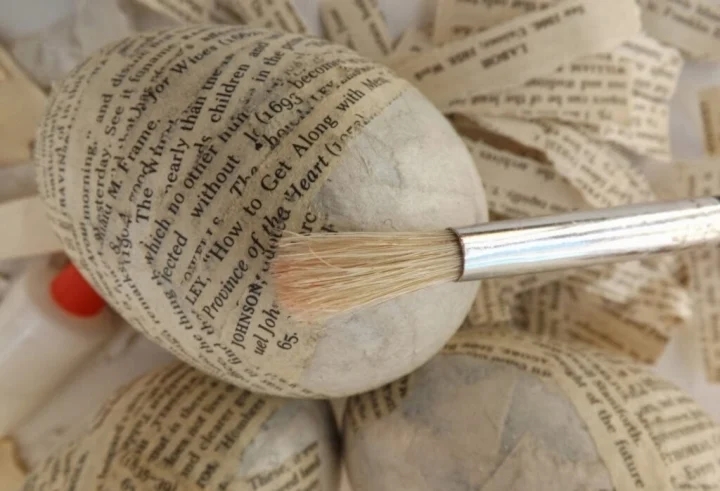
Prepare some old newspaper, cut it into suitable pieces, and crumple it gently. Use the newspaper to wrap each egg individually. Then, arrange the eggs in a basket and store them in a dry, cool place. With this method, you can keep eggs fresh for 1-2 months without refrigeration.
Using Rice Husk
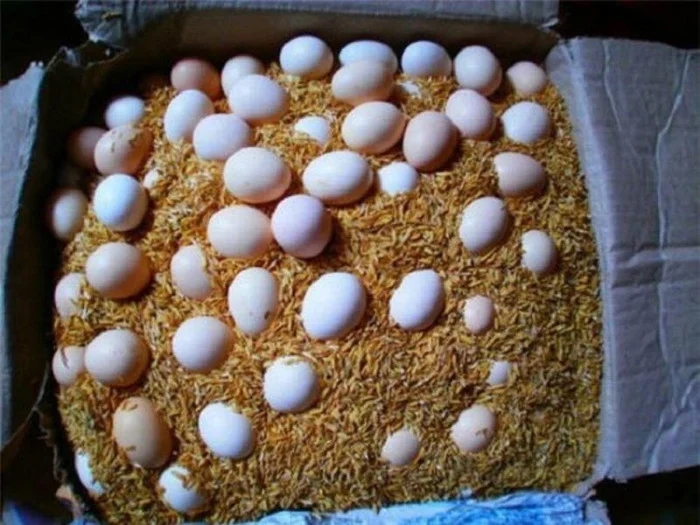
If you have rice husks or sawdust at home, you can utilize them to preserve eggs. Spread the husks or sawdust at the bottom of a clean cardboard box. Arrange a layer of eggs on top (with the larger end facing up). Sprinkle another layer of husks to cover the eggs completely. Repeat this process until all eggs are used. Place the box of eggs in a well-ventilated area. Note that the husks and sawdust must be thoroughly dry and free from moisture.
Using this method, you can maintain the freshness of eggs for several months. It is advisable to inspect the eggs every 20 days.
Using Dried Tea Leaves
Don’t discard the tea leaves after brewing a cup of tea. Collect the leaves and dry them thoroughly to use for egg preservation. The process is similar to using sawdust or rice husks. Alternate layers of tea leaves and eggs, keeping them in a dry, cool place. This method can extend the freshness of eggs for 2-3 months.
Storing Eggs in a Rice Container
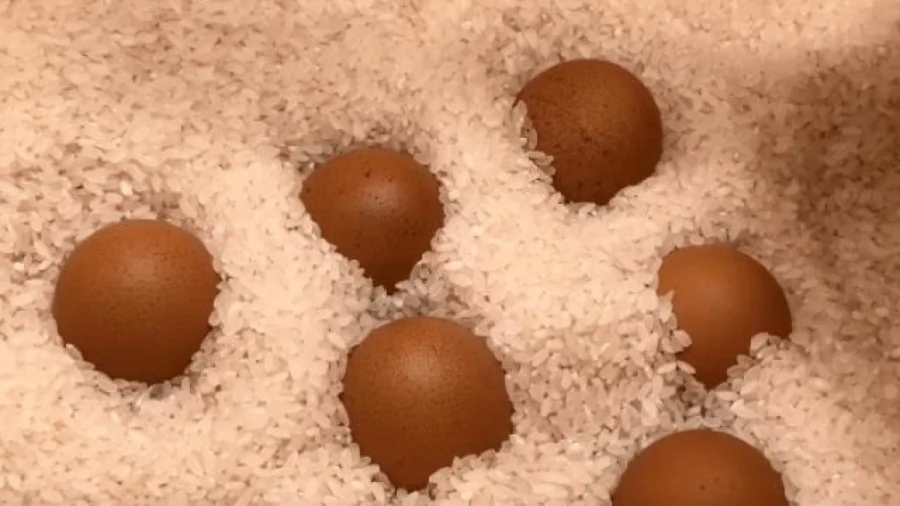
Rice grains are very dry and can help keep eggs in a similar condition. Additionally, the rice bran on the outer layer can seal tiny pores in the egg shells, isolating the eggs from air and bacteria, thus prolonging their freshness.
Simply wipe the egg shells clean and place the eggs in the rice container, with the larger end facing up to prevent the yolk from sticking to the shell.
Alternatively, you can use rice bran for preservation. Spread a layer of bran at the bottom of a container, arrange the eggs on top, and then cover them with another layer of bran. Repeat this process until all eggs are used. Remember to rotate the eggs every 10 days to check for and remove any spoiled or discolored ones.
Coating with Cooking Oil
You can apply a thin coat of cooking oil to the egg shells, place them in a tray, and store them in a dry, cool place with a temperature between 25-32 degrees Celsius. This method can preserve eggs for up to a month.
3 Things to Avoid When Storing Eggs
Whether you’re refrigerating eggs or using alternative methods, avoid washing them with water. If they are dirty, gently wipe them with a soft cloth.
Do not store eggs horizontally or with the smaller end facing up, as this can cause the yolk to stick to the shell and accelerate spoilage. Always keep eggs upright, with the larger end facing up, so that the yolk remains suspended in the egg white and doesn’t touch the shell.
If you’re using a refrigerator, avoid placing eggs on the door, as the temperature there is inconsistent due to frequent opening and closing. Instead, store them in a carton or tray in the main body of the fridge. Eggs can be safely refrigerated for 3-5 weeks, and those removed from the fridge should be used within 2 hours.
According to Xe và thể thao


